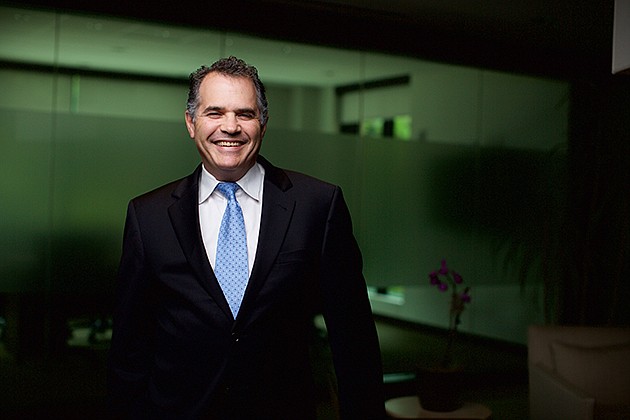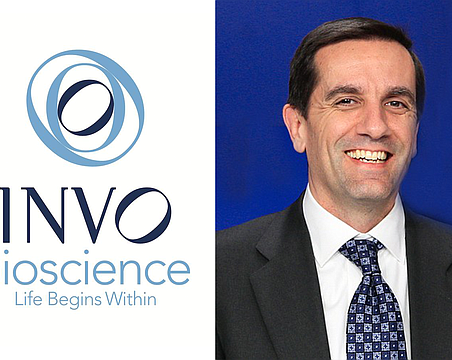Most people have probably never heard of Nevis.
But the small Caribbean island of 10,000 inhabitants is well known to financial planners for high-net-worth individuals thanks to Naples attorney Jonathan Gopman, chair of Akerman's trusts and estate practice. That's because he recently helped the island rewrite its trust laws so it could be more attractive to wealthy people.
Nevis (pronounced neevis) hopes to boost its standing among countries that make it difficult for creditors to reach the assets of entrepreneurs, business owners and wealthy families who have established trusts there. “The laws intentionally create barriers to make it unfeasible to go after them if they're structured properly,” says Gopman.
For starters, creditors have to post a $100,000 bond with the government of Nevis just to file suit against a trust. “The U.S. is our biggest source of clients,” says Jan Dash, managing partner of Liburd and Dash, a law firm in Charlestown, Nevis.
Although tourism is the biggest industry on Nevis (there is a Four Seasons Resort on the island), the financial services industry is runner-up in terms of employment and income it generates for the island municipality.
Business for Gopman is also brisk. He estimates the establishment of foreign trusts is about 50% of the estate planning business in his practice. “We try to give our clients an experience they can't get somewhere else,” he says.
Foreign trust work is also often an entree into helping business owners restructure their businesses for better protection from creditors. Gopman says a foreign trust might be a solution for an entrepreneur with as little as $1 million in liquid assets. Fees might range from $15,000 to $200,000 or more, but typically average about $30,000 to $40,000 per case, depending on the complexity.
The use of foreign trusts is becoming more mainstream as the Internet and better communications shrink the world. “At first, it does sound kind of exotic,” Gopman says.
Like any asset, Americans are required to report income from the trust to the IRS. Gopman emphasizes a foreign trust is designed to protect assets from creditors, not hide them from the tax man. Indeed, Nevis recently agreed to report information to the IRS on assets of more than $50,000 held by U.S. taxpayers. “It is a highly regulated environment and it wasn't 20 to 25 years ago,” says Gopman.
Before the Internet and email, it used to take months of sending documents back and forth by FedEx to establish a foreign trust in a place such as Nevis. “Now the barriers to entry are lower,” says Gopman.
Gopman got into the foreign trust business when he was a young tax and estate planning attorney in the early 1990s. “Years ago, someone threw a foreign trust case in front of me,” he says.
His first case involved a trust established in the Cayman Islands. There were few practitioners in that special area, in part because it was time-consuming work due to the remoteness of the islands.
But Gopman, born and raised in Miami, was quickly drawn to foreign trust work because the domestic trust work was sometimes dull. “I was looking for something more exciting,” he says.
Gopman joined what was then a small group of attorneys who are now considered leading experts in the field. “Those of us early on had the better contacts,” says Gopman. Those relationships paid off when Nevis asked Gopman to help it rewrite its laws, the only U.S. attorney invited to the project. It's a winning pitch for prospective clients: “We wrote the laws,” Gopman says.
Follow Jean Gruss on Twitter @JeanGruss






